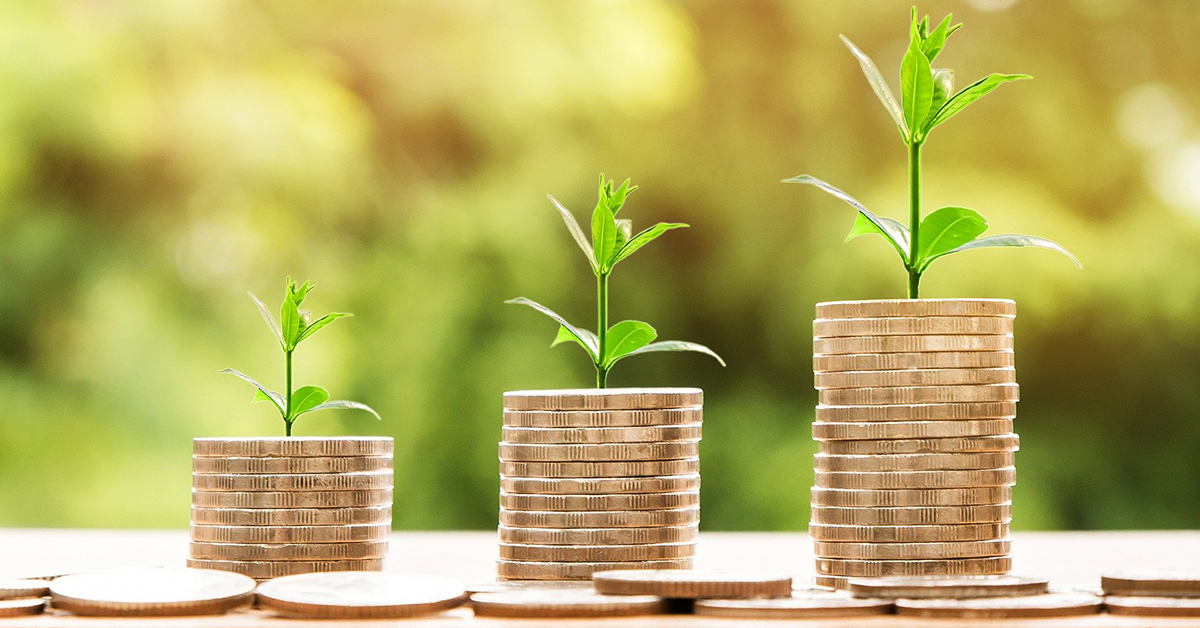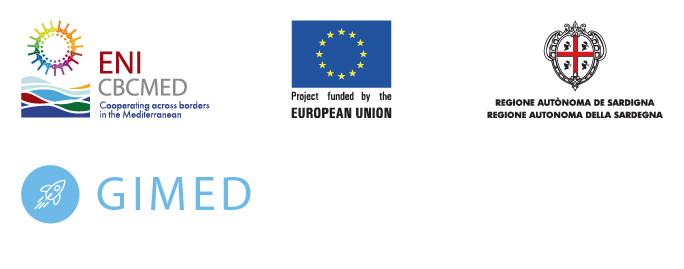
The development of a green economy in the Mediterranean area to combat environmental degradation represents a great opportunity for jobs creation, particularly for young graduates and women who are three times less likely to be employed than men.
Green Financing – Threats
There are some external factors that negatively influence the financing of green and social innovation practices such as:
- Lack of legal and regulatory framework, unfair taxation system and high costs of incorporation, complex process
- Political instability and the ongoing recession which are creating an unfavorable environment for financial operations
- Economic crisis
- Social unrest
- Brain drain of innovators that could lead Green enterprises
- Reduction and limitations in normal financing mechanisms (Banks, VCs, etc.)
Strengthening eco-innovative entrepreneurship is a recognized solution even though green ventures face a complex set of challenges including limited access to funding, underdeveloped markets and fragmented support from sector stakeholders.
Green Financing – Opportunities
Various opportunities in green financing exist today that will support the development of a stronger green entrepreneurship ecosystem. These opportunities are:
- Difficulties and increasing prices for imported goods are leading to a shift towards local produce
- High demand for local production, agriculture
- Increased opportunity for export
- Venture Capitals currently having a bigger role to play in green financing given the retreat in financing from banks
- The change in laws and international standards, as well as environmental awareness and economic viability which are positively influencing green financing in Lebanon
- Interest from donors and social investors
- Strong relations between stakeholders and players
- The capital control and changing landscape in Lebanon which will entice local players to invest in new sectors
- Need to link Social Green Enterprises to scale their businesses through mechanisms for implementations, mechanism from governments and NGOs to support in scaling
- Lobbying to more financing for creating pipeline
- Aligning with the needs for the region to make impact
Zooming in on access to funding, the GIMED program will support financiers to invest in the region’s eco-innovative sector through:
- Aligning on investment priorities in the green sector
- Providing access to tools and indicators to measure environmental impact
- Gaining access to investment pipelines through networking events with green startups and green investment roundtables
- Having access to cross-border learning and exchange from several countries
- Getting access to a pool of eco-innovative startups in the ideation and the early stage across the Mediterranean
In addition, an e-learning platform is being built in the context of the project where financiers can exchange, connect with investment-ready ventures, and get access to needed methodologies and material for green investment. Accordingly, specific pillars are being developed in the context of the GIMED project.
A Green Entrepreneurship Standard
The Green Impact MED Project – Positive Investments for Positive Impacts (GIMED), a new EU-funded project under the ENI-CBC Med Programme, aims at boosting the development of eco-innovative ventures in order to create employment and drive the green and circular economy in the Mediterranean. The project is implementing a United Nations-backed ‘Green Entrepreneurship Standard’ that will standardize the supportive inputs needed to generate successful ventures and will give those ventures a mark of quality to better access finance and markets.
On the ground, the project will train and coach eco-innovators and encourage financiers to invest in the Mediterranean eco-innovation sector.
Berytech is the official partner of the GIMED program in Lebanon empowering green entrepreneurs at the idea and growth stage in addition to green experts.
GIMED E-Learning Platform
An E-learning platform on green economy finance is being designed for a targeted audience of public and private financiers, public authorities, green enterprises as well as green and social project developers. The aim is to enhance knowledge and understanding of different concepts and evolution and trends of the green economy with a particular focus on improving green finance in the partner regions of the GIMED project (Spain, Lebanon, Palestine, Tunisia, Egypt and Italy). It will provide methodologies and tools about eco-innovation and eco-design to better identify and invest in green startups.
A Map of the Green Financiers
The Green Entrepreneurship sector has been rapidly booming in Lebanon and has attracted high interest from donors and investors.
As part of the GIMED E-Learning platform, of which a section will be dedicated for Financiers of the Green Economy, the Berytech team – under the GIMED Project, has identified the green financiers available in Lebanon who support and fund green startups.
“This exercise has allowed us to deeply understand the ecosystem players,” comments Krystel Khalil, Programs Director at Berytech. “In fact, we have more than 25 existing finance and investment opportunities and programs available in Lebanon with a specific (but not limited to) focus on Green investments,” explains Khalil.
Each has its specific typology and funding mechanism to support the development and growth of green ventures.

The most common typologies of Green Financiers in Lebanon are Accelerators and Incubators who offer grants and business support and capacity building to green ventures. The major players in this sector are Berytech (Agrytech and Cleanergy Programs, BESTMEDGRAPE Program), Flat6Labs, Speed Lebanon, and Tripoli Entrepreneurship Club.
Another common kind of Green Financiers in Lebanon are Venture Capitals who take equity from businesses including green ones. This includes and not limited to Fondation Diane and IM Capital
Venture philanthropy is another kind of funding support offered by players such as Alfanar to help ventures maximize their social and environmental impacts
Banks and support institutions such as EBRD, Bank Audi and Kafalat offer the third common funding type dedicated to support and evolve the green sector in Lebanon through bank loans. There also exist several angel investments programs and microfinances that thrive to improve this industry.
The main support for green ventures exists mainly in the early and growth stage leaving some gaps to support ventures in the scale-up phase that provide an opportunity of growth for future programs. Berytech has also mapped the threats and opportunities that exist in Lebanon related to green financing after interviewing and gathering the input of the leading players in financing and investment
Investing in Green Startups in the context of GIMED

GIMED project will be supporting 400 ideation stage eco-innovators and established early stage ventures in the green and circular economy to better access finance and markets in 5 Mediterranean countries including Spain, Lebanon, Palestine, Tunisia, Egypt and Italy. The support offered will include coaching sessions on access to finance and markets, capacity building initiatives dedicated to entrepreneurs on eco-design and green business modelling and sub-grants that will be awarded to consolidate the business creation and growth.
The GIMED program will create green investment opportunities by facilitating targeted meetings and investment roundtables between supported ventures and the program’s pool of investors, across the Mediterranean.
Read more about Berytech and the GIMED Project here.
The Project In Numbers
- Duration: 46 months
- Start date: 01 September 2019 – End date: 31 August 2023
- Total budget: 2.633.106,29 €
- EU contribution: 2.369.106,29€ (90% co-financing to project)
- Main source of funding: European Union (ENI CBC Med Programme)







